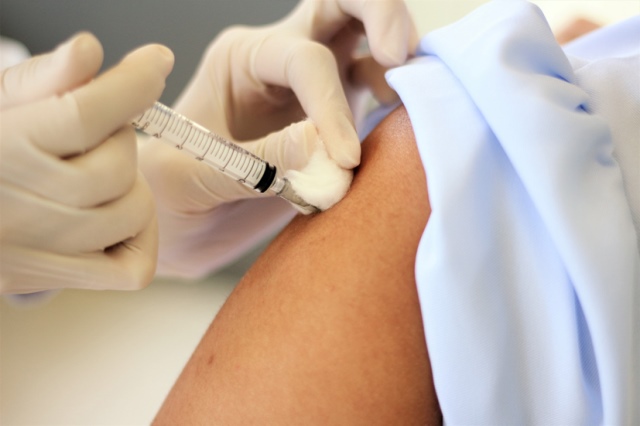Scientists in Nottingham, UK have been awarded £462,462 for the development of a vaccine for the Zika virus from £10m of UK Aid funding for research into vaccines to protect the world from deadly diseases.
The project being led by The University of Nottingham is one of 22 to have been selected by the Department of Health and Social Care’s (DHSC) UK Vaccine Network (UKVN) and to be delivered by Innovate UK.
The research, being led by Dr James Dixon in the university’s School of Pharmacy and Biodiscovery Institute (BDI) with Professor Janet Daly, Professor of Viral Zoonoses and Deputy Director of the Wolfson Centre for Global Virus Research, will focus on a new DNA vaccine platform to induce safe protective immunity from Zika.
The virus is mainly spread by mosquitoes in regions of the world including Central and South America, the Caribbean and Africa, and is a serious risk to pregnant women and their unborn children, as there is evidence that it can cause birth defects, particularly abnormally small heads (microcephaly).
The work will also involve scientists at Nottingham Trent University’s John van Geest Cancer Research Centre.
Professor Daly said: “We are pleased to also be collaborating with Professor Luís CS Ferreira and colleagues at the University of Sao Paulo’s Vaccine Development Laboratory in Brazil on this project. Despite all the success with SARS-CoV-2, vaccines are not yet available for Zika as immune responses to closely-related viruses such as dengue make designing effective and safe strategies problematic.”
Scientists in Nottingham Trent University’s John van Geest Cancer Research Centre will help to screen the new vaccine for its capacity to trigger immune responses against the Zika virus.
Graham Pockley, Professor of Immunobiology in Nottingham Trent University’s John van Geest Cancer Research Centre, said: “We will provide our specialist facilities and expertise to support the University of Nottingham in this crucial work to develop a vaccine for Zika virus, for which there are currently no treatments. It is especially exciting to be supporting a project which has the potential to deliver significant benefits to people in low and middle-income countries.”
The UK Vaccine Network sits within the DHSC’s Global Health Security programme and was established to address market failure in the development of vaccines and vaccine technologies. It does this through funding vaccine research to help combat infectious diseases that have epidemic potential in low and middle-income countries (LMICs).
UKVN is a UK Aid investment, which means all projects funded must support research primarily and directly for the benefit of people in LMICs. The UKVN has already funded 78 projects with over £115 million worth of UK aid funding, as part of the government’s commitment to defeat poverty, tackle instability and create prosperity in developing countries.


